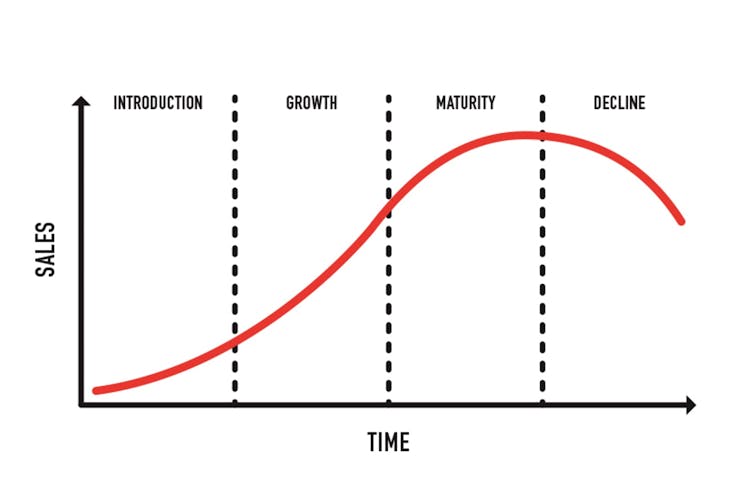Australia will join with other nations on Tuesday 4th August 2020 to release the first ever International Declaration on Mental Health Crisis Care giving healthcare leaders, governments and community organisations a blueprint for quality mental health crisis care that should be available for everyone, everywhere, every time it is needed.
People experiencing a mental health crisis deserve a service response equivalent to that available for a physical health emergency. For people seeking mental health crisis care there must be a no-wrong do approach with services accepting all referrals without question.
Dr. Ingrid Daniels, President of the World Federation for Mental Health acknowledges the Declaration comes at a critical time in the world’s history and says “Health systems are striving to respond to COVID-19, businesses face uncertain economic futures and families and communities lose vital social connections. As the fallout from COVID-19 widens, access to mental health care will be even more vital. It will require an enduring focus on flattening the curve on mental ill-health and ensuring that mental health crisis care is available and accessible for the long term.”
Sue Murray, Director of the Zero Suicide Institute of Australasia and co-author of the document, says that structural reform for mental health crisis care requires a comprehensive and integrated crisis network as the first line of defence in order to prevent tragedies of public and patient safety, extraordinary and unacceptable loss of lives and a waste of resources. Effective mental health crisis care that saves lives and dollars requires a systemic approach.
“Research has demonstrated the effectiveness of the core elements of systemic quality mental health crisis care as being:
- High tech crisis call centres
- 24/7 non-law enforcement mobile crisis team
- Crisis stabilization centres and
- Essential principles and practices governing care pathways.”
“A national policy approach is needed to drive consistent, quality crisis care. Systems need to be enhanced by harnessing data and technology, drawing on the expertise of people with lived experience, delivering services where the person is and providing evidence-based suicide prevention” said Ms Murray.
Country representatives involved in writing the Declaration agreed that mental health care must be moved out of the shadows, into mainstream health services and focused on the whole person, their families and the wider communities. Parity should be the norm for individuals experiencing a crisis, which means access to timely and effective care based on the person’s needs. The response must be equivalent to that of a person with a physical health emergency.
The International Declaration on Mental Health Crisis Care is available at: https://bit.ly/InternationalDeclaration

/who-office-at-the-united-nations-(wun)/un-sc-dg.tmb-768v.jpg?sfvrsn=6720f3fc_1)






